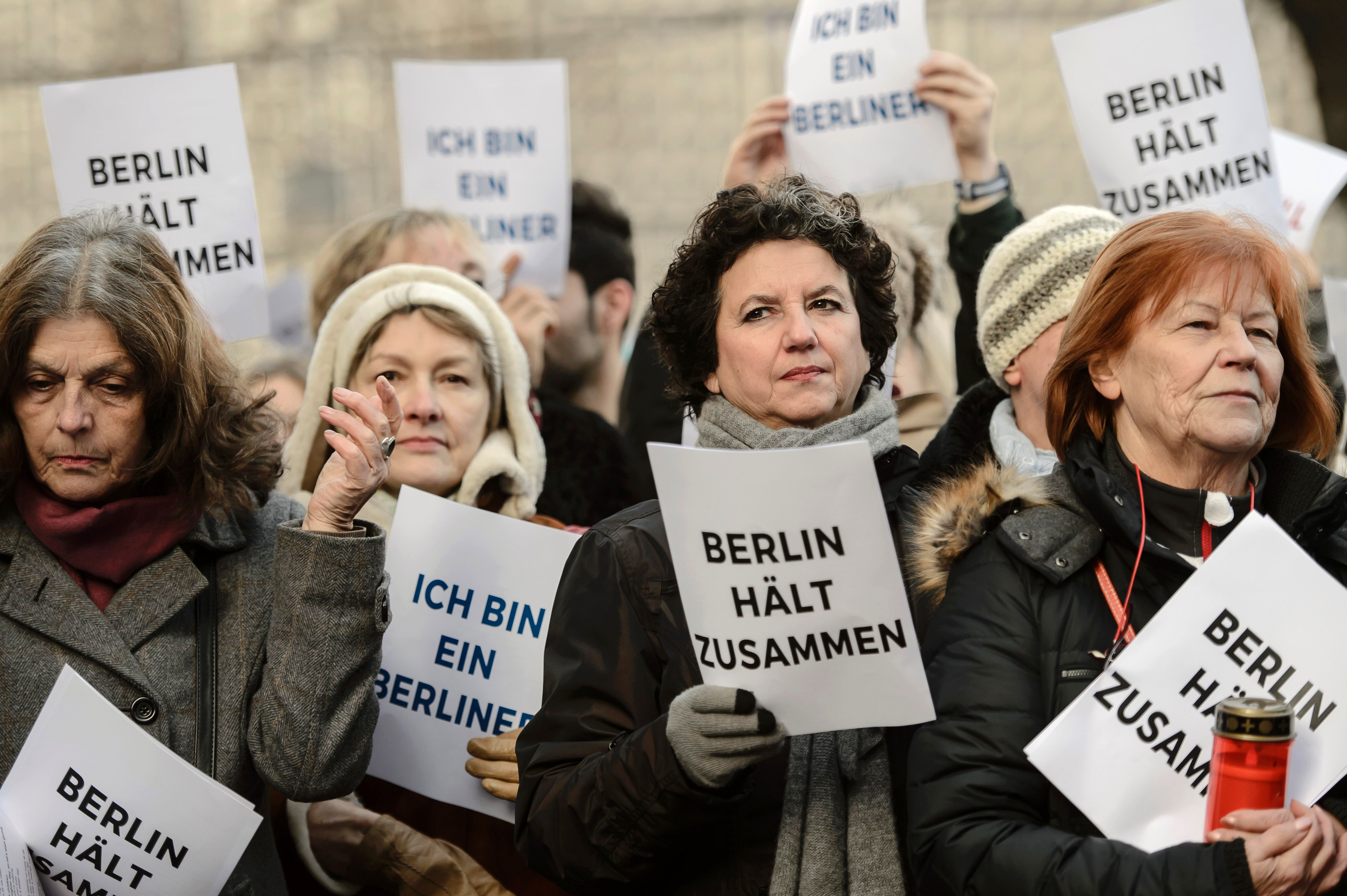
Previously published on Time.
The Islamic State group claimed responsibility Tuesday for a truck attack on a crowded Berlin Christmas market that German authorities said came right out of the extremist group’s playbook, inflicting mass casualties on a soft target fraught with symbolic meaning.
The Monday night attack on the popular market by the Kaiser Wilhelm Memorial Church in the heart of former West Berlin left 12 dead and 48 injured — the first mass casualty attack by Islamic extremists carried out on German soil. German security forces were still hunting for the perpetrator after releasing a man from custody for lack of evidence.
The claim of responsibility carried on ISIS’s Amaq news agency described the man seen fleeing from the truck as “a soldier of the Islamic State” who “carried out the attack in response to calls for targeting citizens of the Crusader coalition.”
Subscribe to our daily newsletter for the latest in hair, beauty, style and celebrity news.
Germany is not involved in anti-ISIS combat operations, but has Tornado jets and a refueling plane stationed in Turkey in support of the coalition fighting militants in Syria, as well as a frigate protecting a French aircraft carrier in the Mediterranean, among other assets.
The claim of responsibility came not long after German prosecutors said they had released a man picked up near the scene of the attack, initially suspected of driving the truck.
The man, a Pakistani citizen who came to Germany last year, was taken into custody based on a description from witnesses of a suspect who jumped out of the truck and fled after the attack.
Even before his release, officials had expressed doubt the man was behind the attack.
“We may still have a dangerous criminal out there,” warned Berlin police chief Klaus Kandt, whose office urged people to be “particularly vigilant” and report “suspicious movement” using a special hotline.
Though Germany had not seen any successful mass-casualty Islamic extremist attacks until Monday, attempts and recent attacks in neighboring France and Belgium had made many feel it was inevitable.
“We’ve all been prepared that something like this could happen, so we were not surprised,” said economics student Maximilian Much.
